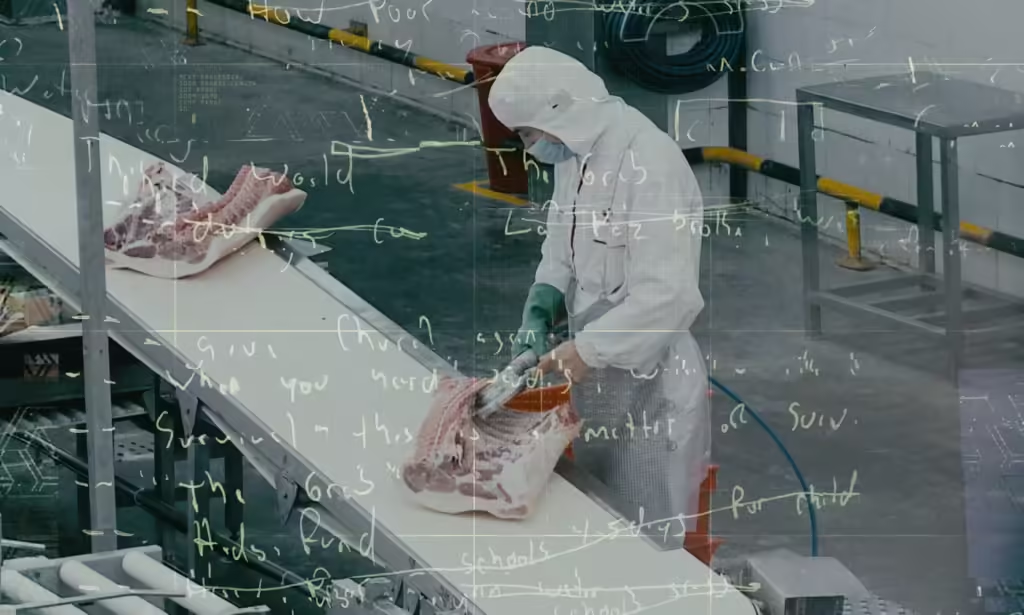Philip Agre, a computer scientist turned humanities professor, was prescient about many of the ways technology would impact the world.

In 1994 — before most Americans had an email address or Internet access or even a personal computer — Philip Agre foresaw that computers would one day facilitate the mass collection of data on everything in society.
That process would change and simplify human behavior, wrote the then-UCLA humanities professor. And because that data would be collected not by a single, powerful “big brother” government but by lots of entities for lots of different purposes, he predicted that people would willingly part with massive amounts of information about their most personal fears and desires.
“Genuinely worrisome developments can seem ‘not so bad’ simply for lacking the overt horrors of Orwell’s dystopia,” wrote Agre, who has a doctorate in computer science from the Massachusetts Institute of Technology, in an academic paper.
Nearly 30 years later, Agre’s paper seems eerily prescient, a startling vision of a future that has come to pass in the form of a data industrial complex that knows no borders and few laws. Data collected by disparate ad networks and mobile apps for myriad purposes is being used to sway elections or, in at least one case, to out a gay priest. But Agre didn’t stop there. He foresaw the authoritarian misuse of facial recognition technology, he predicted our inability to resist well-crafted disinformation and he foretold that artificial intelligence would be put to dark uses if not subjected to moral and philosophical inquiry.
Then, no one listened. Now, many of Agre’s former colleagues and friends say they’ve been thinking about him more in recent years, and rereading his work, as pitfalls of the Internet’s explosive and unchecked growth have come into relief, eroding democracy and helping to facilitate a violent uprising on the steps of the U.S. Capitol in January.
READ THE ENTIRE ARTICLE
Like this:
Like Loading...








